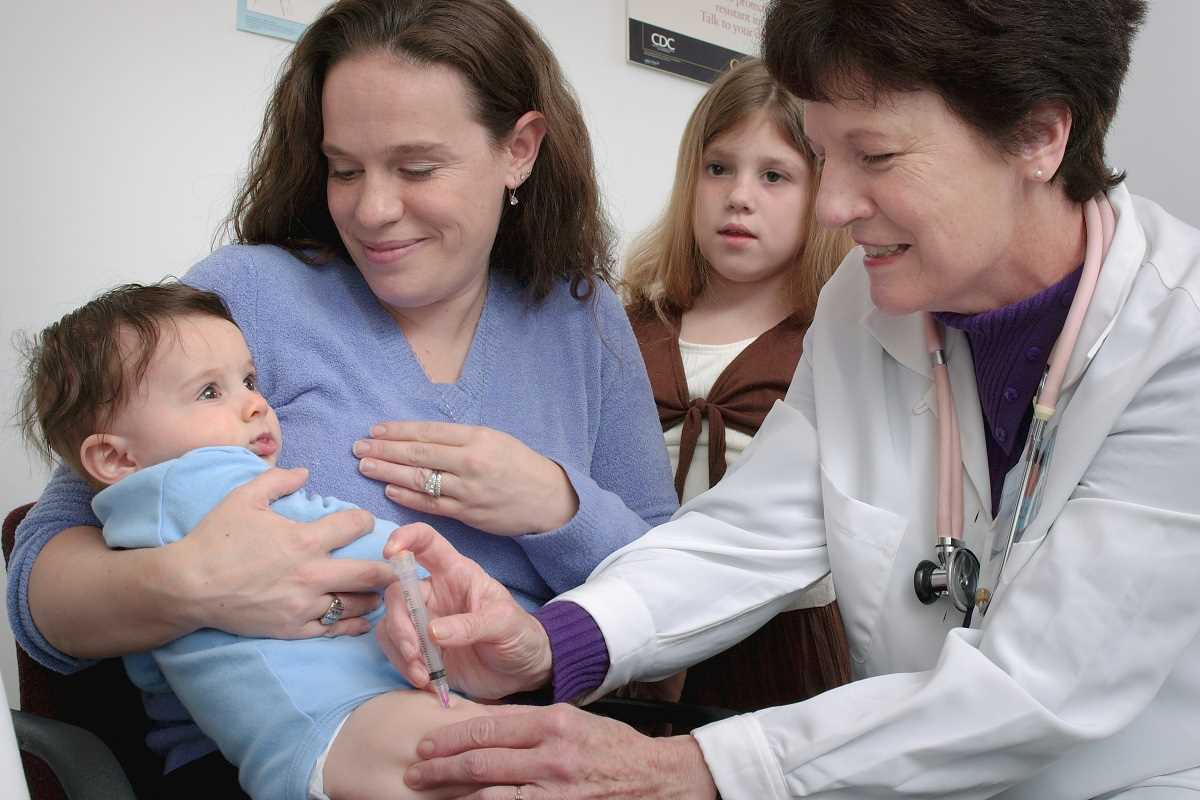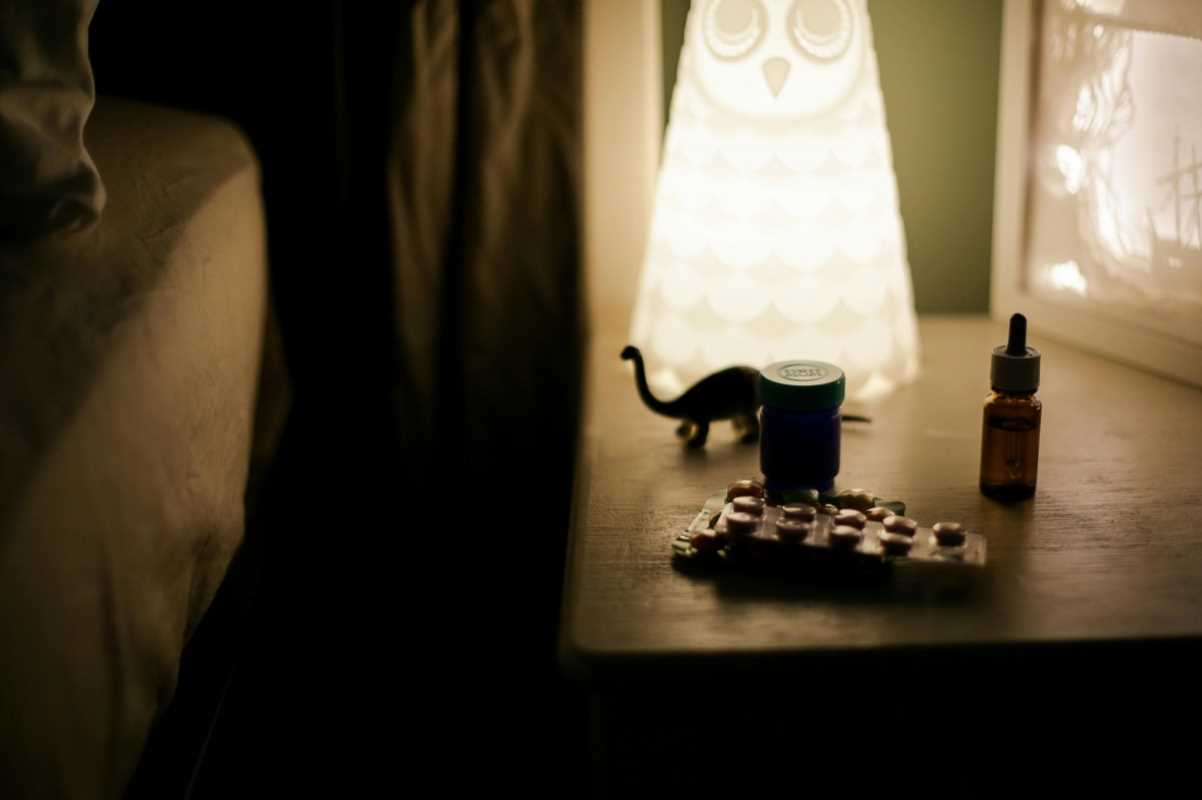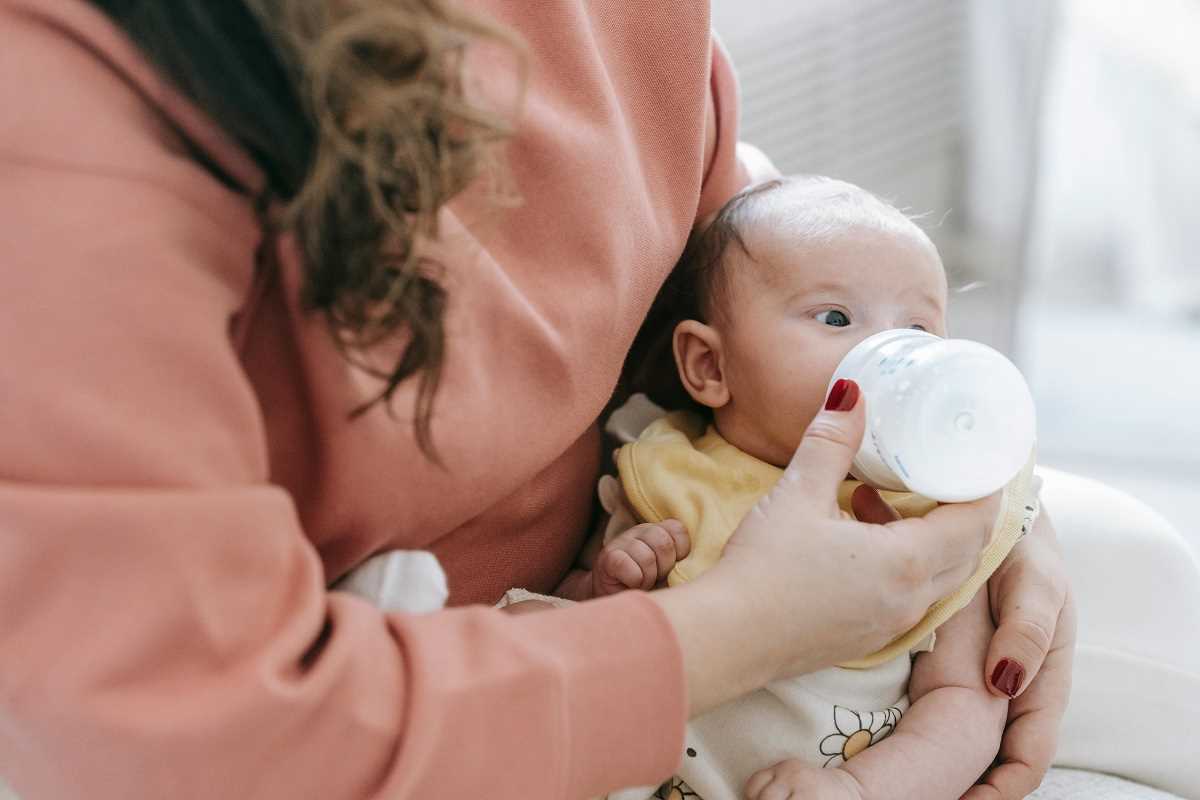As a parent, one of your biggest priorities is keeping your baby safe and healthy. But when your little one suddenly spikes a fever or develops a strange rash, it’s natural to feel panicked and unsure about what to do next. Should you head straight to the emergency room, or can you handle this at home? Most parents dread expensive hospital bills, but no one wants to risk their child’s health by delaying necessary care.
If you’ve found yourself torn between these two choices, congratulations, it's just a normal part of parenting. Here’s a guide to help you feel more confident when making that decision, complete with signs that require urgent attention, common baby health issues you can usually manage at home, and steps you can take before reaching for the car keys.
Common Health Problems You Can Treat at Home
Many baby illnesses can feel alarming at first, but they respond well to simple home remedies and over-the-counter treatments. Here are a few common ones, along with tips for managing them:
1. Fever
Fevers often feel scary, but they’re actually the body’s way of fighting off infections. If your baby is older than 3 months and has a mild to moderate fever (under 102°F or 38.9°C), you can usually treat it at home. Offer fluids like breast milk, formula, or small sips of water (for babies over six months) to avoid dehydration. Dress them in lightweight clothing and use a lukewarm compress to help bring the fever down.
If your baby is younger than 3 months, however, and has any fever (100.4°F or 38°C or higher), skip home treatment and go straight to the doctor or ER. This age group is more vulnerable to infections, and it’s better to be safe.
2. Colds and Congestion
Babies frequently catch colds, especially during their first year when their immune systems are still developing. Symptoms like a runny nose, sneezing, mild coughing, and low-grade fever can usually be managed at home. Use a baby-safe saline spray and a nasal aspirator to clear out mucus, keep the room humid with a cool-mist humidifier, and allow your baby plenty of rest.
If your baby shows signs of difficulty breathing, wheezing, or has a severe cough that affects feeding or sleep, those are red flags for medical attention.
3. Diaper Rash
Diaper rash is incredibly common and almost always manageable at home. Gently clean the irritated area with warm water and pat it dry. Apply a thick layer of diaper cream containing zinc oxide and give your baby diaper-free time to allow the skin to breathe.
If the rash doesn’t improve after a few days, appears especially red or raw, or develops yellow or white pustules (a sign of infection), it’s time to consult a pediatrician.
4. Mild Allergic Reactions
If your baby develops mild hives or redness after trying a new food, monitor them closely. Most mild reactions resolve on their own without treatment, though you can consult your doctor about using an age-appropriate antihistamine if needed. Severe allergic reactions (trouble breathing, swelling of the face, or vomiting) warrant immediate emergency treatment.
Symptoms That Require an ER Visit
While many baby health issues aren’t emergencies, some symptoms should never be ignored. If you notice any of the following, seek medical attention right away:
1. Difficulty Breathing
Watch for fast, labored breathing or flaring nostrils. If your baby’s ribs seem to suck in as they try to breathe or if their lips, face, or fingertips look bluish, call 911 or head to the ER immediately.
2. Seizures
Seizures in babies—characterized by jerking movements, stiffness, or unresponsiveness—require immediate medical evaluation. Keep your baby safe and move them to a flat surface while you call for help.
3. High or Persistent Fever
For babies younger than 3 months, any fever over 100.4°F (38°C) warrants immediate attention. If your older baby has a fever over 104°F (40°C) that doesn’t come down with medication or lasts more than 72 hours, consult your doctor or visit the ER.
4. Dehydration
Signs of dehydration include fewer than six wet diapers a day, no tears when crying, dry lips or tongue, or a sunken soft spot on the top of their head. Dehydration can escalate quickly, so seek medical care if you notice these symptoms.
5. Severe Injuries
Head injuries, deep cuts that won’t stop bleeding, or fractures require urgent attention. If your baby falls and seems unusually drowsy, vomits, or has trouble focusing their eyes, go straight to the emergency room.
6. Unusual Drowsiness or Lethargy
If your baby is unusually hard to wake, has trouble staying alert, or seems floppy when you try to hold them, this may be a sign of a serious underlying issue.
7. Rashes with Fever
If your baby develops a rash that doesn’t fade when pressed (try the glass test—press a clear glass against the rash to check), is accompanied by a high fever, or looks like purple or blood-colored dots under the skin, don’t wait to seek help. These can be signs of a serious infection like meningitis.
Steps to Avoid Unnecessary ER Visits
Hospital visits aren’t just stressful—they can also lead to hefty bills. Here’s how you can address your baby’s symptoms thoughtfully to avoid unnecessary trips:
1. Keep a Well-Stocked First Aid Kit
Equip your first aid kit with baby-safe essentials like a digital thermometer, saline nasal spray, baby aspirator, age-appropriate fever reducers (acetaminophen or ibuprofen), and a cool compress. Having these tools easily accessible will make managing minor symptoms at home much easier.
2. Call Your Pediatrician’s Office First
Most healthcare providers offer after-hours advice lines where you can speak to a nurse or on-call doctor about your child’s symptoms. They can help you determine whether you should come in or stay home.
3. Know Your Closest Urgent Care Center
For non-life-threatening issues that still require medical attention—like ear infections or minor cuts that need stitches—urgent care clinics are a great middle ground. They’re more cost-effective than ERs and often quicker.
4. Track and Document Symptoms
Write down your baby’s symptoms as they occur. Record their temperature, how often they’re eating and drinking, and anything else unusual. This helps the doctor (or pediatric nurse) provide better advice when you call.
5. Trust Your Instincts
You know your baby best. If something feels off, it’s better to err on the side of caution. Even if you’re not dealing with an emergency, a consultation with your pediatrician can provide peace of mind.
Making decisions about your baby’s health can feel overwhelming, but knowledge truly empowers parents. An understanding of common baby ailments, the symptoms that require immediate attention, and how to manage things at home can make all the difference. While ER visits are sometimes unavoidable (and absolutely necessary), they aren’t always the best first step.
Trust in your own ability to care for your baby, stay prepared with basic tools and advice, and don’t hesitate to ask a healthcare professional for guidance along the way.
 (Image via
(Image via





